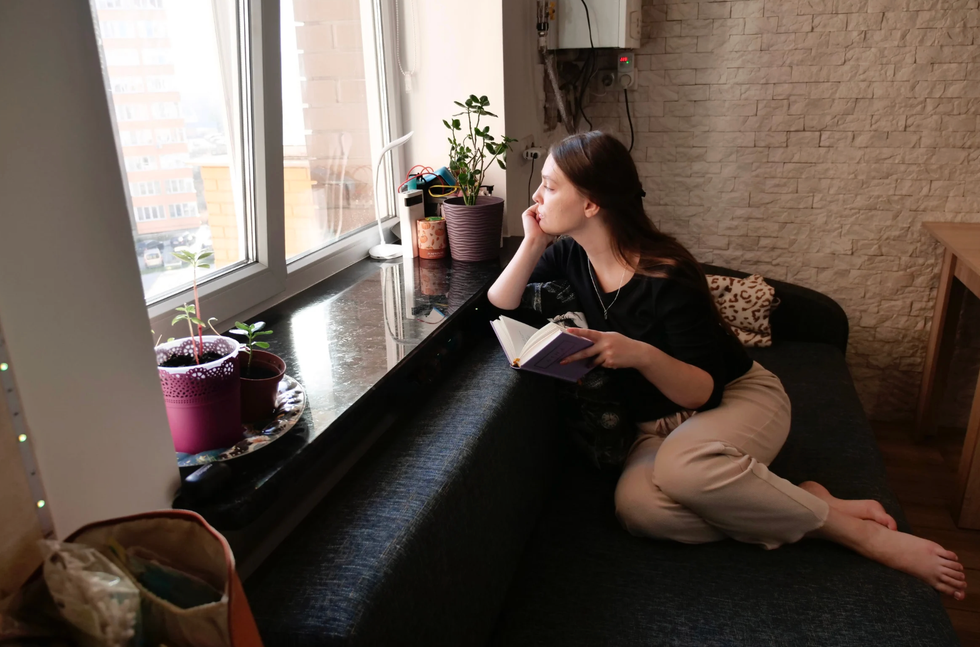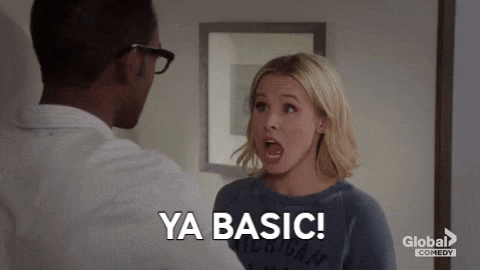From the kindness of the School Sisters of Notre Dame to the strictures of the Jesuits, I received tapestries of good counsel across my years of Catholic school. But only recently was I advised to “wear the world like a loose garment.”
A note of Zen-like caution, the phrase comes from Francis of Assisi, the saint who went from wearing silk finery while boozing and chasing women to preaching the Gospel in rags, telling his subjects—not unlike Little Richard seven centuries later—that if God could work through a once-debauched man like himself, He can work through anyone.
Whether it’s the autobiography of Benjamin Franklin or Malcolm X, who doesn’t love a tale of redemption? We’re all candidates for salvation. F. Scott Fitzgerald may have said that there are no second acts in American lives. But he also said he wore his heart “where God put it”—on the inside, a safe cage of flesh and bone—before dropping dead of a heart attack in 1940.
What if he’d opened up his heart to salvation, worn it where it could be seen and impressed upon by others? Perhaps he’d have been spared the strain that has felled millions, from Satchmo to James Gandolfini.
And how to wear this world—a ball of confusion, iron, and dirt, crowded with people who think it’s an oyster to be cracked and swallowed whole—so lightly that you barely know it’s there?
A loose garment threaded with gladness and grief. It’s a question—how to live in the world without fighting it—in which the parsing might be more edifying than the answer.
Perhaps the koan of St. Francis simply means that we shouldn’t sweat the small stuff. It’s an attitude to practice again and again—in heavy traffic or heavy arguments with a lover—until we’ve bobbed to the surface enough times to know that it’s all small stuff. Even, apparently, death—which, according to the Dalai Lama, is merely a change of clothes.
Wearing the world as a loose garment is not the same as not giving a shit. The latter is a far more rarefied path than tough guys and cool cats would have you believe.
Remember the first time you found the ability to walk away, without anger, from that one impassioned thing you believed was as necessary as air? And lived?
I have a friend, a Jewish family man I fondly call Moshe, who isn’t sure who or what comprises the God that guided him through a once-troubled life. He’s only certain that it isn’t the God of Israel from his childhood. Moshe has since constructed a spiritual framework that works for him—one St. Francis might have admired.
To his problems, Moshe applies a kind of algebraic equation into which any difficulty can be inserted for X: if so, so what?
If the car breaks down? You fix it. (Without getting pissed.) If you can’t afford to fix it? Sell, junk, or give it away. (Without boo-hooing.) Maybe you take the bus for a year, and on such lowly transport, you meet the person who changes your life. Or you’re mugged at the bus stop—in Baltimore, where I come from, it happens all the time. Bang! Dead.
In the next world (olam haba, in the language of Moshe’s ancestors, a place so free there is no need for garments), you might never find out why the car broke down in the first place. Instead, you realize that it didn’t matter. None of it mattered, not that much anyways.
Toward the end of Middlemarch, George Eliot’s 19th-century novel, the writer born Mary Ann Evans said the young tend to stumble over every calamity—“each crisis seems final”—simply because they’ve never experienced it before.
The opposite response from the choice few of us who’ve been around awhile: “We are told that the oldest inhabitants of Peru do not cease to be agitated by the earthquakes,” wrote Eliot, “but they probably see beyond each shock, and reflect that there are plenty more to come.”
Is there anything more emblematic of this mortal coil than an earthquake?
When Eliot was writing Middlemarch, in the 1870s, it was common for the natives of Peru to clothe themselves in ponchos made from alpaca wool. They wore them loosely against the Andean winds, never forgetting that the ground might soon open up before them once again.

















 Tow truck towing a car in its bedCanva
Tow truck towing a car in its bedCanva  Sad woman looks at her phoneCanva
Sad woman looks at her phoneCanva  A group of young people at a house partyCanva
A group of young people at a house partyCanva  Fed-up woman gif
Fed-up woman gif Police show up at a house party
Police show up at a house party 
 A trendy restaurant in the middle of the dayCanva
A trendy restaurant in the middle of the dayCanva A reserved table at a restaurantCanva
A reserved table at a restaurantCanva Gif of Tim Robinson asking "What?' via
Gif of Tim Robinson asking "What?' via 

 An octopus floating in the oceanCanva
An octopus floating in the oceanCanva


 A woman relaxes with a book at homeCanva
A woman relaxes with a book at homeCanva An eviction notice is being attached to a doorCanva
An eviction notice is being attached to a doorCanva Gif of Kristen Bell saying 'Ya basic!' via
Gif of Kristen Bell saying 'Ya basic!' via